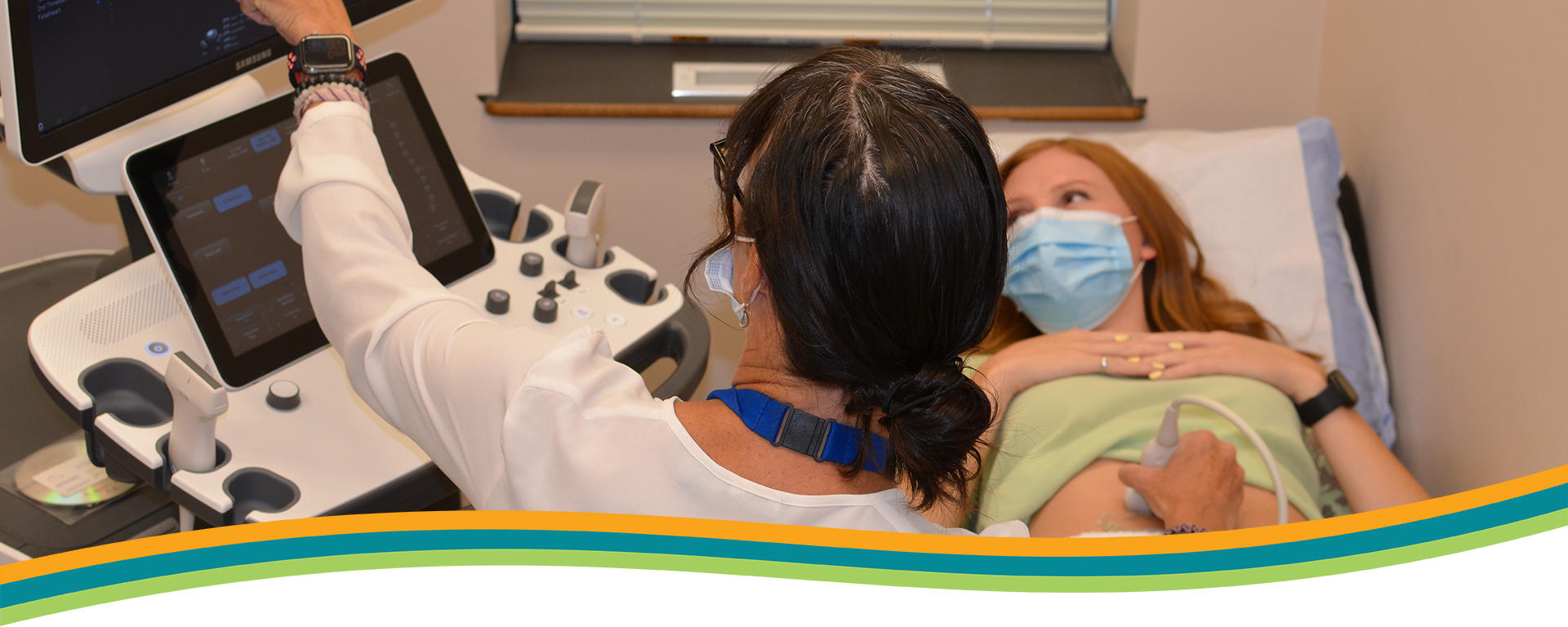Referrals
Referrals to GI in the Calgary Zone may be targeted via the following:

A partnership between Alberta Health Services and the Cumming School of Medicine

Gastroenterology
Referrals to GI in the Calgary Zone may be targeted via the following:
We receive 2000 referrals per month for luminal GI, while hepatology receives 200-300 per month. Most gastroenterologists in the Calgary Zone accept referrals through Central Access and Triage. All referrals are triaged and assigned a priority. Our priority is to ensure the sickest patients are seen first. Triage or priority sequence is assigned based on established Canadian guidelines, as well as the Alberta Gastroenterology Provincial Referral Guidelines. All hepatology referrals must occur through CAT.
Referrals for colonoscopy for primary screening or following a positive fecal immunochemical tests can be made to the Forzani-MacPhail Colon Cancer Screening Center. Referrals are assigned a triage priority based on prevailing clinical practice guidelines.
Referrals will only be accepted from specialists in Gastroenterology [as management of the underlying disorder is the responsibility of the ordering provider]. Information about the referral process and the referral form are linked.
Abdominal symptoms are common in the general population, up to 40% have dyspepsia or GERD (indigestion and reflux) while 15% have irritable bowel syndrome (IBS). Many of these concerns require a multi-model approach, with dietary interventions central to symptom improvement, as well as exercise, adequate sleep and stress control (very complex in and of itself).
There are long waits to see gastroenterology for these common problems, particularly when patients do not report concerning symptoms (that is, no 'red flags' such as weight loss, rectal bleeding, anemia or iron deficiency), and therefore, either while patients wait or alternatively, they may experience improvement in their symptoms under the care of their primary care physician, if the following clinical care support tools or algorithms are used to guide management.
Based on the Division’s initial success with these jointly developed clinical care pathways with Primary Care Networks, these pathways have expanded provincially via the Digestive Health Strategic Clinical Network. These pathways are designed to provide evidence-based guidance to support primary care providers in caring for patients with common digestive health conditions within the patient medical home.
The most current pathway documents can be found on Specialist Link.
As well, the Calgary Liver Unit has developed several algorithms for common liver issues:
These are meant as clinical care supports and physician judgment and assessment is a fundamental part of the care provided - these do not replace this judgement and act only as tools in management.
Tele-advice from a gastroenterologist or hepatologist can be obtained through Specialist Link from Monday to Friday (except holidays) from 8 AM to 5 PM. Calls will be returned within 1 hour. Requests may be placed through the Specialist Link website or by calling 403-910-2551 or 1-844-962-5465.
E-referral advice requests for GI can be submitted through NetCare which will provide an electronic response within 5 calendar days.